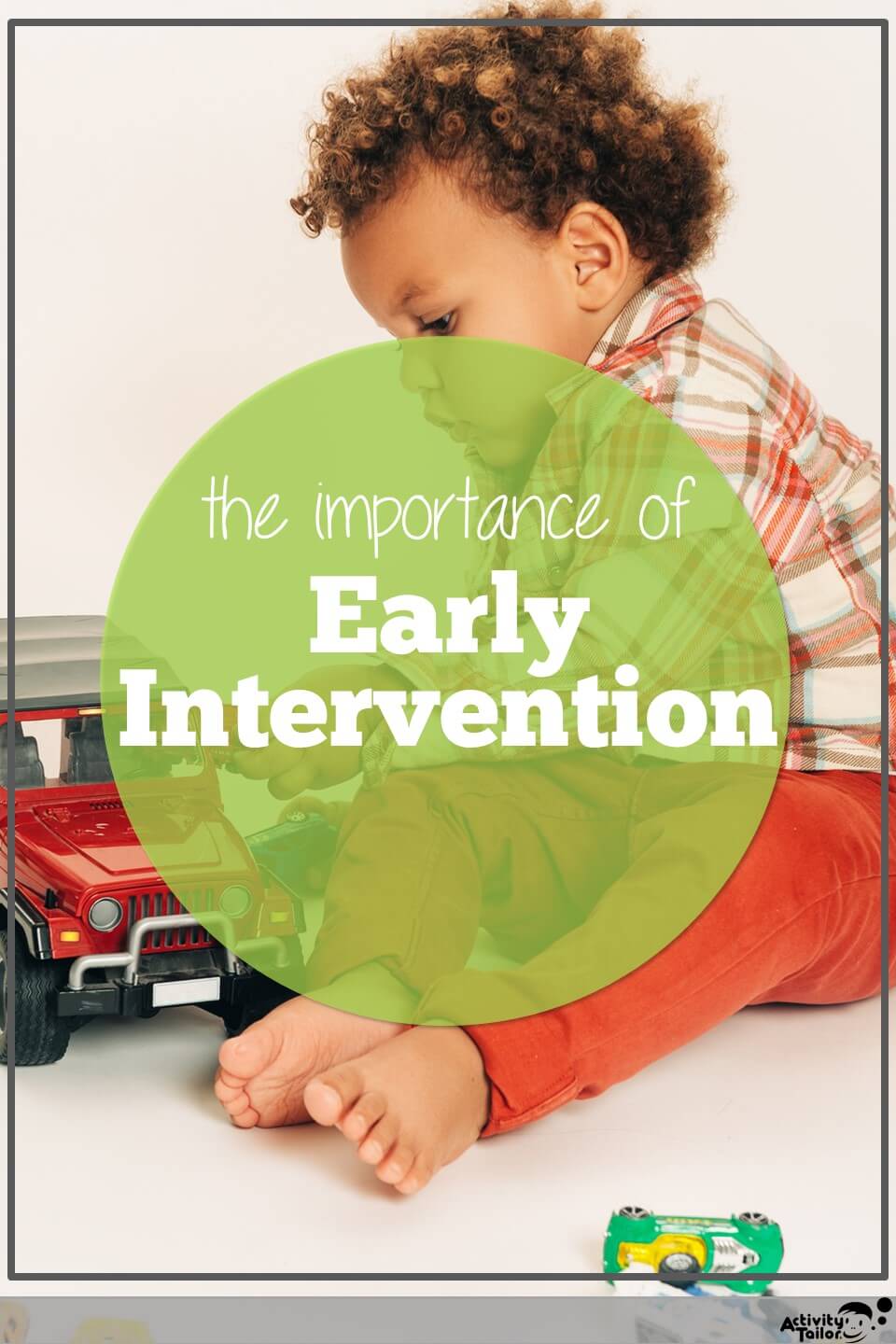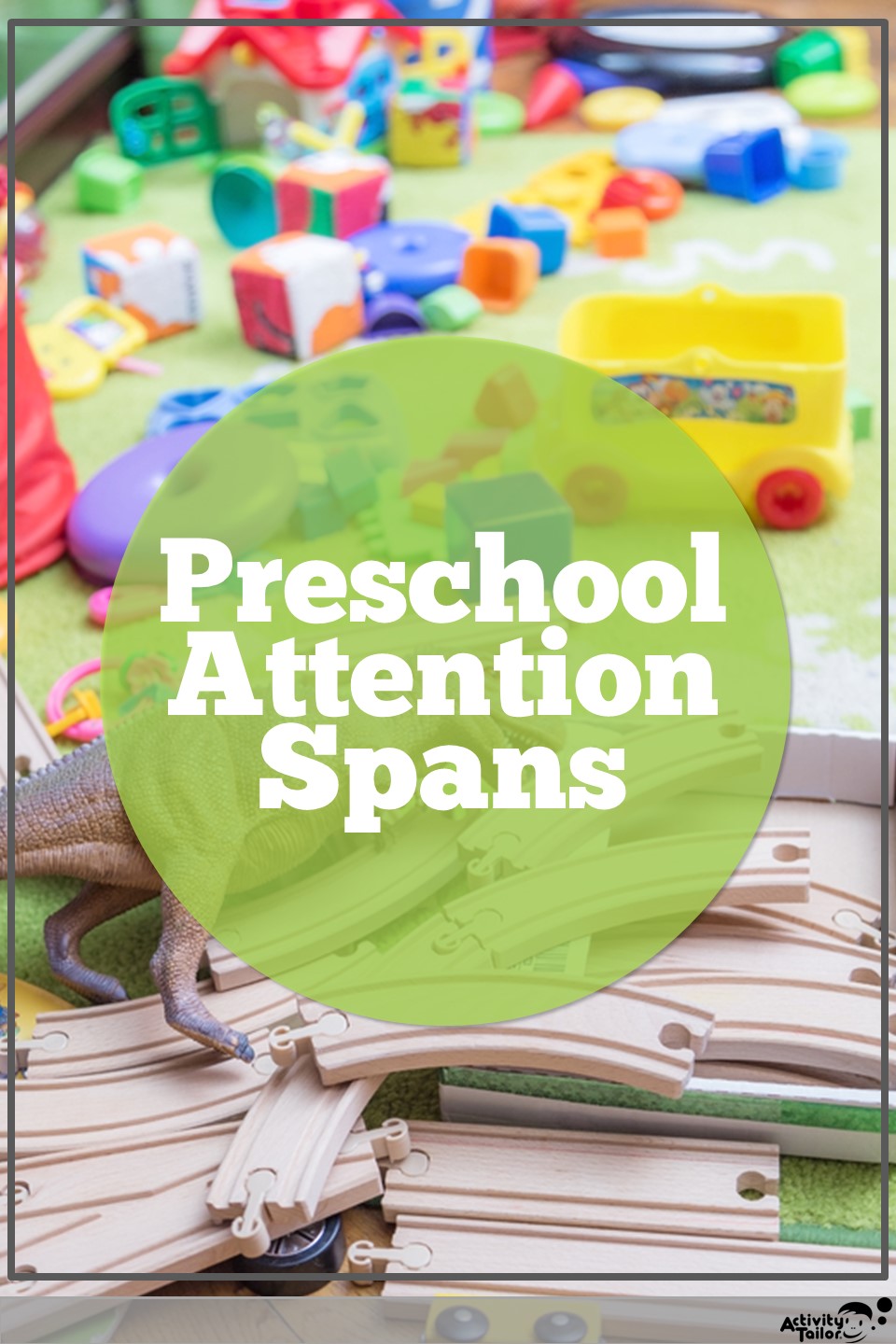Research strain is a common issue for caregivers navigating a new diagnosis or when they’ve recently become aware of a developmental delay. If you’re an early intervention or preschool speech-language pathologist, recognizing this common issue and learning how to support caregivers with research strain will result in a more successful therapy experience.
Researching the causes of developmental delays
It’s a natural response for caregivers to search for a cause of a developmental delay or diagnosis especially if the family feels surprised by the information. It’s a way to try and regain some control over a situation that may feel overwhelming or foreign. Caregivers might be tempted to find and assign “blame” which helps alleviate their own guilt and anxiety over their role in the scenario. Blaming is often a way to manage negative feelings and anxiety.
While some developmental disabilities may be attributed to heredity, many others are genetic mutations with no underlying cause. Caregivers may assume their actions have played a role in their child’s delays (ie not attentive enough, didn’t provide the “correct” toys/books/enrichment) and look for facts to back this up.
Researching treatment options
The ease of research on the internet is a double-edged sword. Caregivers can quickly become overwhelmed with the amount of information available. Without a strong understanding of their child’s weaknesses or developmental timelines, it can be difficult to assess appropriate treatment options. Online options that promise quick-fixes or cures can be particularly compelling for an upset caregiver. Without guidance from a neutral and more expert party, caregivers can get overly attached to treatments that are unproven.
Decision fatigue
All of this information can quickly become too much! Caregivers can become overwhelmed with the number of decisions they need to make in an area they have little familiarity with.
Tips for Supporting Caregivers with Research Strain
Give caregivers time to adjust to new information and/or diagnosis. It often helps to provide written information along with verbal explanations.
Click here for Caregiver Education Handouts.
Provide families with up-to-date information on disorders which may include risk factors. Present this information neutrally. Explain that having an understanding of other family members with similar difficulties can give us a better idea of what to expect. Explain current best practices for treatment options.
Give overwhelmed caregivers a limited number of decisions to make or offer choices. You’ve had extensive training over years to get to the expert level you now have. Make sure caregivers have time to learn and grow too. When giving them options for treatment, provide just a few clear choices and minimize the number of things you are adding to their plate each sessions.
Adopt a family centered approach to treatment. Show caregivers you understand the unique challenges they face by taking an active interest in their day-to-day routines. Rather than assigning home activities based on what you’re doing in the therapy room, brainstorm ideas with them that include favorite activities/routines at home. Empowering them to adapt activities can help them feel like an integral part of the team.
Let them know they aren’t alone. Share resources in your area or online that offer caregiver communities especially those focused on caregivers navigating similar experiences.
Click here for 4 Tips for Talking to Caregivers.
You may also be interested in sharing these blog posts:
- Supporting Caregivers with Guilt
- Introduction to Apraxia
- Introduction to Stuttering (coming soon!)
- Introduction to AAC
- Understanding Neurodiversity
- Understanding IEPs/IFSPs








